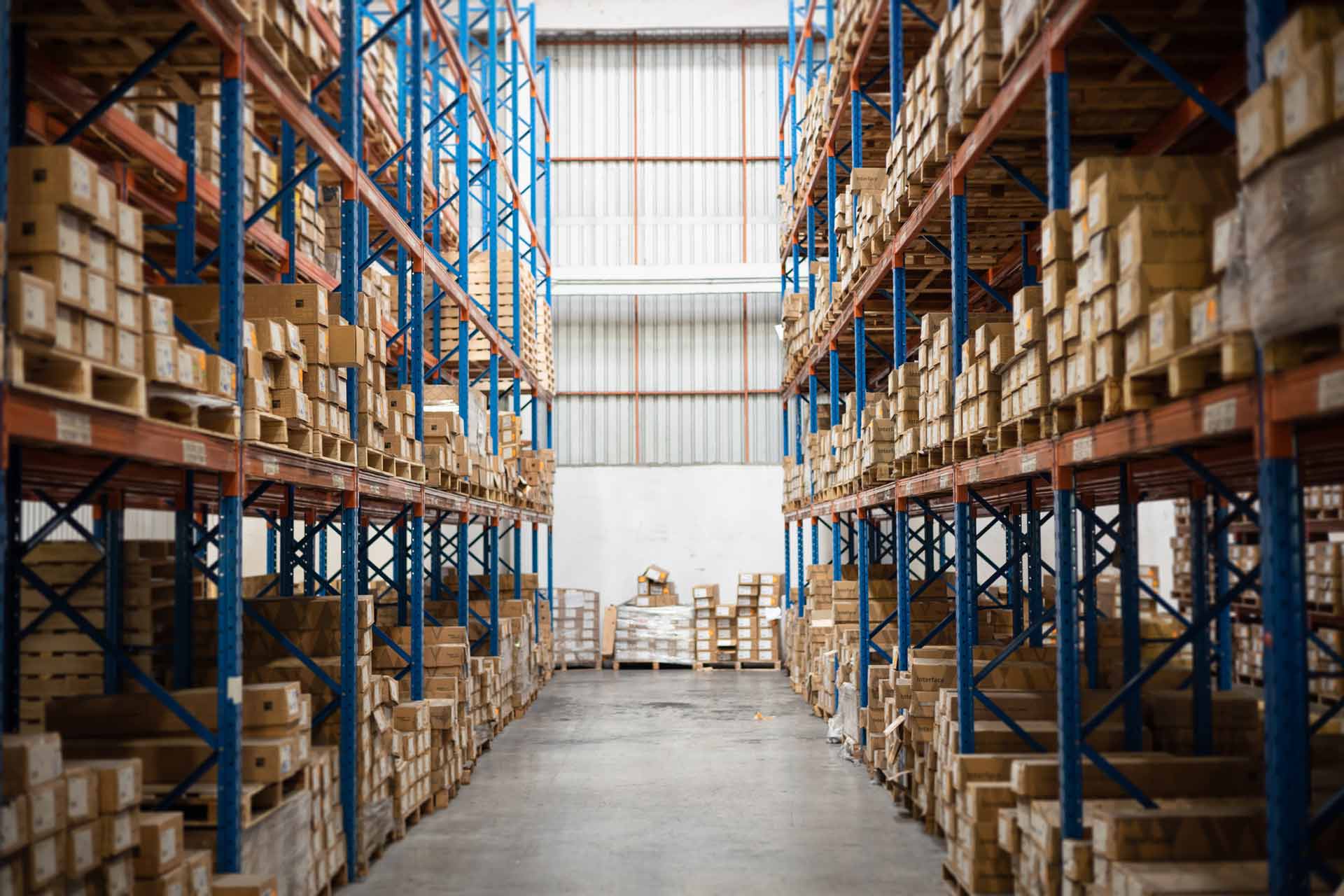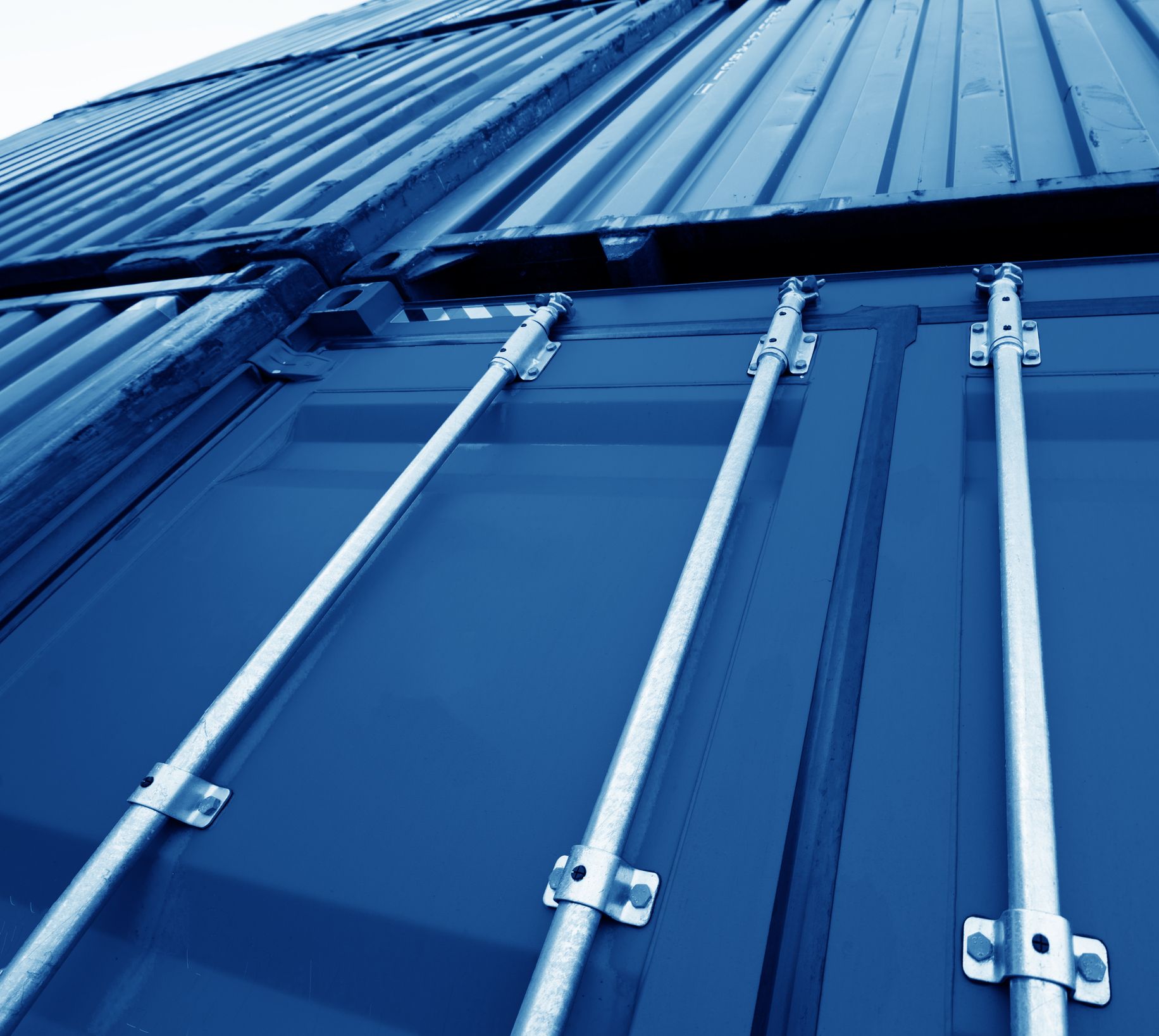Essential Factors to Consider When Building a Warehouse

The role of warehouses has evolved over the years, and today, they are fundamental to most business operations. Although storage is the main function of a warehouse, warehouses are no longer just storage facilities.
Some businesses do all their operations in a warehouse, including product assemblage, packaging, and distribution. Hence, businesses need to design their warehouses for optimal use. Learn the essential factors to consider when building a warehouse below.
Warehouse Equipment
A warehouse's purpose determines the type of equipment needed for it to function. For instance, if you plan to use your warehouse to store heavy equipment you can only move with a forklift; you need enough space for mobility.
If you want to include smart technology like automated picking devices and guided vehicles, your warehouse's layout should accommodate these tools.
People's Movement
People control nearly every function in a warehouse. Even when you work with machines, you need people to control the machines. Some businesses are labor intensive, which means there is a significant flow of people in and out of the warehouse.
When designing your warehouse, it must have a layout that allows the fluid movement of workers around the facility. Organize the warehouse based on the sequence of operations, so the station for each operational activity should follow the preceding activity.
Accessibility
The design of your warehouse should make it easy to access items in the required amount. The layout of your warehouse should allow you to access every pallet in a row, as well as individual pallets. The arrangement of racks should also enable easy identification and removal of products.
Location
The location of a warehouse is vital to its functionality. For instance, if you use your warehouse to receive or ship cargo via air, having a warehouse near the airport is more convenient and reduces your transportation costs.
The government and local authorities have rules and regulations that determine warehouse layout and design. Therefore, when you choose a warehouse location, find out the laws and regulations regarding warehouse construction to avoid non-compliance. Alternatively, hire a local construction company as they already know the local laws.
Present Building Factors
If you want to convert an existing building into a warehouse, you must ensure the facility meets all the requirements you need for your warehouse. If you need to change the building's layout, consider whether its foundation can support the structural changes.
Neighboring buildings may also affect the layout of your warehouse. Buildings with protruding structures may eat into the space you want to use for your warehouse. Consult your contractor for tips on how to use your available space optimally for warehouse construction.
Space Organization
When dividing the space in a warehouse, consider the characteristics of the goods you store in the warehouse. Consider the size of the palettes and arrange your warehouse in a way that reduces handling costs. For instance, create storage for larger palettes near loading and unloading zones.
Consider the volumes of goods that move into and out of the warehouse daily and the preparation needed for each order when deciding how to structure your storage space. Vertical space helps you maximize your storage capacity.
Besides storage, your space must also accommodate reception, picking, and packing areas. Keep your reception separate from other sites to make it easier to sort, and inspect products coming in and out of the warehouse.
Have your contractor build your picking area next to your storage for easier access to stored items. If you have a packing area, consider separating it from the rest of the warehouse to accommodate traffic flow.
When building your warehouse, your choice of contractor is essential to your facility's ultimate design and functionality. Thus, it is vital to choose an experienced contractor who can create a building plan that optimizes your operations.
Cochran Construction Company is your best choice for commercial and industrial construction. Contact us today for more information on our construction services.
